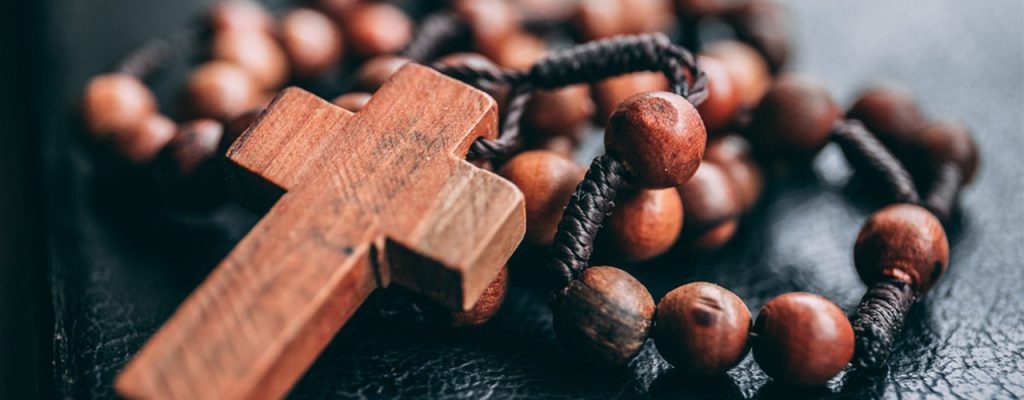By: Jon Farrow
28 Jan, 2019

Survey data from Uganda, Sierra Leone and Tajikistan shows that people with greater exposure to war were more likely to participate in Christian or Muslim religious groups and rituals.
The old saying is that there are no atheists in foxholes. A new study shows that people who have experienced war actually do become more religious and stay that way long after the war has ended.
“We find the effect gets stronger over time,” says Joe Henrich, a senior fellow in the Institutions, Organizations & Growth program and co-author of the study. “If it was a just quick shot in the foxhole causing this effect, you might expect it to evaporate shortly after you got home, but in this case it seems to cause people to spend more time in religious rituals.”
The team surveyed over 1,700 people in Sierra Leone, Tajikistan and Uganda. Extensive civil wars in these countries had touched people’s lives to varying degrees and the conflicts chosen were non-religious so that a person’s piety wouldn’t predict the amount of violence they were exposed to. This natural experiment allowed the team to infer causation.
Survey results showed a strong and consistent relationship between war exposure and religiosity. The more a person or their family was hurt by the war, the more likely that person was to attend religious services and participate in religious rituals afterwards. It wasn’t just that people became more social in general. According to the authors, “religious groups are indeed special kinds of groups.”
The implications of this research are wide-ranging across the theoretical, political and social spheres. For example, this effect could help explain the persistence of religion across history. According to Henrich, “Most of human societies have been built around religions. This may have played a big role in the emergence of political hierarchies.”
The study was published in Nature Human Behaviouron 28 January 2019.
Notifications